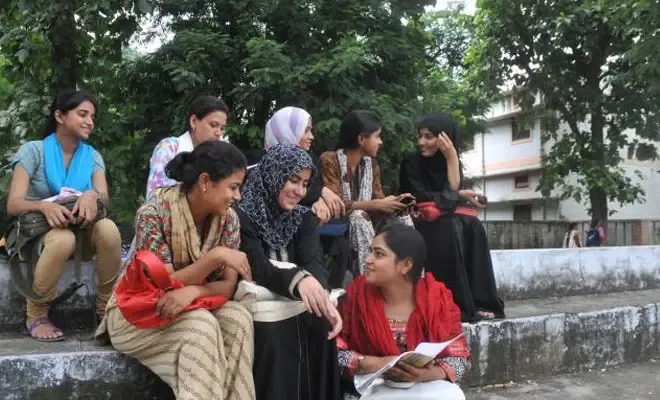
I love India; it is my home, a very old home that has seen and endured so much. Like most old homes there are many cracks signaling structural and foundational damage, the kind of damage which takes more than a trip to Home Depot on a Sunday afternoon. As someone who doesn’t live at home anymore, I have seen it from outside and have seen its beauty from afar. I am a transnational Indian woman whose sense of belonging is shared by the United States and India. With that in mind, I want to share my views on the funding cuts looming over Women’s Studies Centers across India.
Research and the women of India have a long history; she has been the subject of civilizing missions and she has been the subject of “white men saving brown women from brown men” campaigns. She is included in a group of sisters who inspired Linda Tuhiwai Smith to say that research is a dirty word. These are different ways of emphasizing why Women’s Studies in India is important. We need to acknowledge the vital role Indian researchers play in bringing to light the issues that are faced by girls, young women and women who have been invisible for far too long. Their stories need to be told; their issues need to be addressed.
We are all familiar with funding cuts, and we know every such decision sends a message about priorities. What is the message with this current proposed decision? It says: “Yes, of course, we care about Women’s Empowerment, we have snazzy catchy slogans about the importance of the girl child. However, we are also afraid of the kind of research you conduct, the questions you ask of us, the government, and also the changes you wish to see through your research. You take aim at patriarchy, capitalism, and fundamentalism. We aren’t sure if we want that.”
The proposed decision to cut funding is signaling to the educated Indian woman and to the world that women are not a priority. At the end of the day, we belong to the world’s largest democracy, a political system in which votes count more than research initiatives. This is especially true if the research focuses on shedding light on the systemic problems that sustain and maintain attitudes that place different values on lives based on gender. If implemented, these cuts propose to paint over the problem and create an illusion that women and women’s issues matter because women vote and their votes matter.Votes are generated though the messages of empowerment and government sponsored women’s empowerment campaigns. For example, the most recent such campaign is called ‘Beti Bachao, Beti Padhao” which translated means “Save the daughter, Educate the daughter”. The irony of the slogan is not lost on me, nor is it lost on researchers and future scholars who want to make a difference. According to news outlets, the decision is not final, a final decision will made after April 5th regarding this issue. However, they are also taking suggestions about how to resolve this issue. If the women of India had the ability to speak as a collective, I wonder what her message would say?
(Photo Credit: She the People)